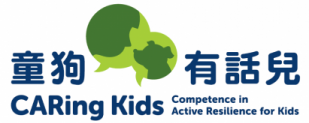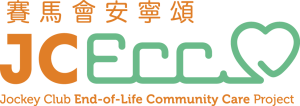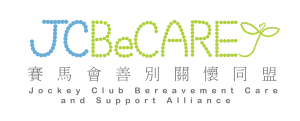Traditional Chinese Medicine regards health as a harmonies interplay of complex intrapersonal, interpersonal and environmental interactions. A holistic evaluation of biological, psychological and spiritual states can shed light on a person’s physical, social and mental health. Eastern philosophies such as Confucianism, Buddhism and Taoism have been found to be helpful in allowing patients to let-go of their pain and suffering. With a new perspective on enduring pain, positive growth and transformation may occur.
Bring together these concepts and therapeutic techniques of Chinese medicine, Professor Cecilia Chan developed a holistic approach – integrative-body-mind spirit (I-BMS) approach to promoting well-being and assisting individuals in a healing process.
Spirituality is defined in a broad sense to encompass and integrate all aspects of the person in the process of searching for meaning and purpose, growing through joys and adversities, striving to live compassionately, and connecting with mankind and the universe. Our spirit are connected to our emotions and spirit and change in one aspects will affect the other parts. A balance between three elements is the key to promote health and well-being.









